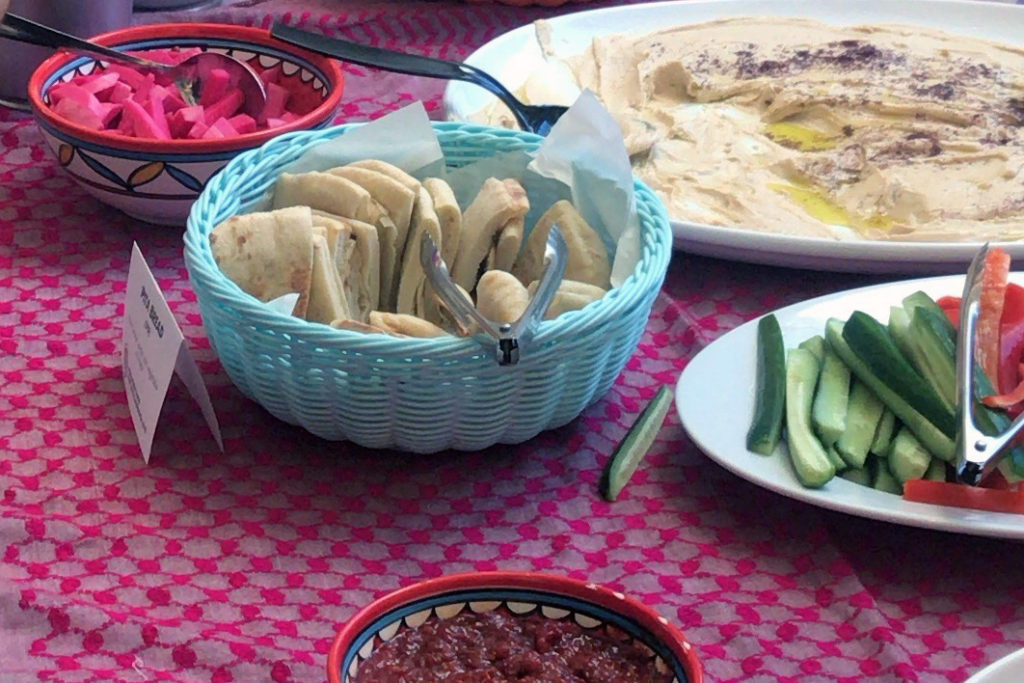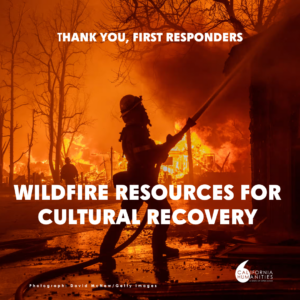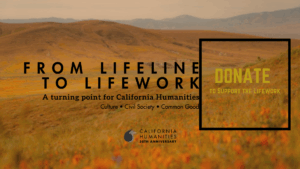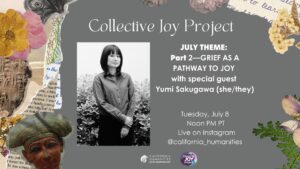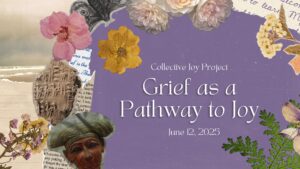Food is essential to life, and what, how, and why we cook and eat the foods we do is often a defining element of our identity. Cooking and eating traditional foods can be a source of comfort and joy, a way to reconnect with treasured memories of home and family, and make a new place feel like home. The unique foods and foodways that characterize every culture are fundamental to immigrant communities. It provides an important connection to culture, language, and heritage in a new environment. Waves of immigrants have enriched our state’s cultural heritage, and sharing cherished foodways has provided opportunities for learning and appreciation among diverse groups and helped to forge California’s culinary renowned innovative fusion cuisines.
Over the past five years, libraries that have participated in our Library Innovation Lab (LIL): Exploring New Ways of Engaging California’s Immigrant Communities program have utilized food-based programming as a way to engage immigrants and make them feel at home, as well as to promote cultural continuity and preserve sometimes fragile cultural traditions. Exploring foodways through humanities programming has also provided a way to encourage others to learn about the culture and heritage of immigrant communities and to foster a greater appreciation of the many ways immigrants have contributed and are contributing to our state. In honor of culinary arts month, we share some cookbooks and recipes from LIL projects that worked with community members to collect and document food stemming from their cultures.
At Santa Barbara Public Library in 2021, LIL Project Director Eric Castro organized a contest to elicit recipes from the city’s diverse Latin American immigrant communities as part of “Integrating Immigrants: Exploring New Ways of Engaging the Latin American Immigrant Community in Santa Barbara.” The winning recipes and a story provided by each cook were compiled into A Taste of Home: Home Recipes Celebrating Latin American Heritage, a bilingual (Spanish and English) e-book illustrated with color photographs made available for free through the library’s website. So, whether you opt for Palta Rellana (stuffed avocados) or Capirotada en cazuela (savory bread pudding), you’re sure to find something new and exciting here to inspire your culinary efforts!
Isariya Locke, the librarian who directed the “Our Cultures: Our Stories” project at Fresno County Public Library, who is herself an immigrant, aimed to engage immigrant community members and increase understanding and appreciation of diversity among the entire Fresno community. A call for entries drew submissions from Fresno residents of many backgrounds, who shared the recipes and stories in Flavors of Home: Community Recipes and Stories. Published in print and electronic formats, the volume showcases this Central Valley region’s diverse foodways and traditions, from aguachile to zwieback!
Oakland MOSAIC sought to highlight the contributions of newer immigrant communities, including the city’s Korean community. A series of activities organized by library staff in the fall of 2018, including a Korean language story time and a back-to-school lunchbox-making program for parents, led to a community cookbook-making project. Patrons submitted recipes and personal stories, which were compiled into a bilingual (Korean and English) illustrated e-book, Cook Me a Story: Around Our Korean Dining Table. As Project Director Erin Sanders notes, “in addition to preserving and sharing beloved traditional recipes like miyeokguk, the book captures the bittersweet experiences of community members, both with homesickness and homemaking.”
The libraries and librarians who are part of our 2022 LIL cohort are now finalizing their plans for programming this fall. We’ll be sure to keep you informed as their programming develops. For more information about LIL, click here or contact Felicia Kelley at fkelley@calhum.org.

